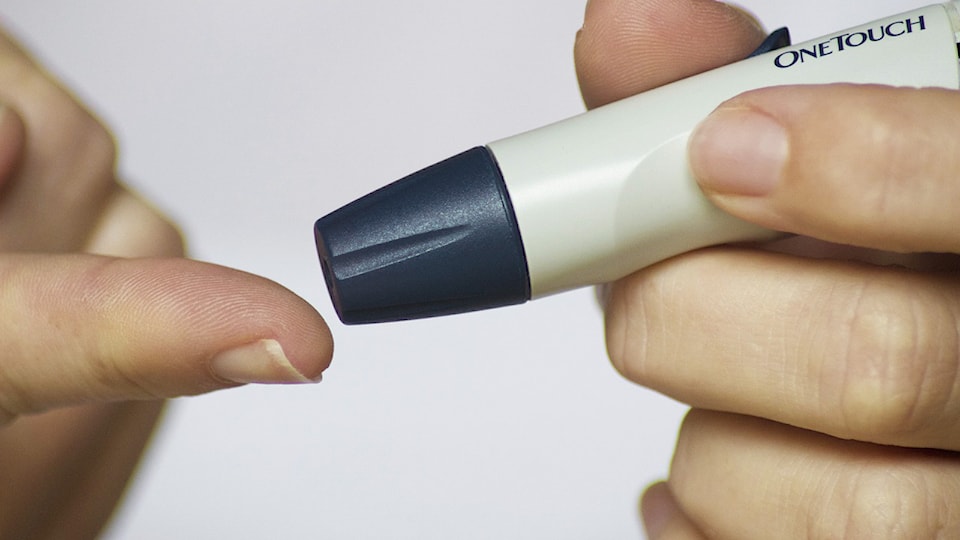Klick Labs and Humber College's Centre for Innovation in Health and Wellness are trying to see if the sound of a person's voice can predict whether they will get prediabetes.
Klick Labs is a subdivision of Klick Group, a collective that offers multiple different services, including consulting and public relations.
The study run by the two groups delves into voice recognition technology as a method of diagnosing prediabetes in the South Asian population.
South Asians face a higher risk compared to the general Canadian population, a Health Canada report said.
“People from South Asia have a much higher risk of diabetes, especially when exposed to the Canadian diet or the American diet,” said Yan Fossat, senior vice president at Klick Labs.
In a joint study researchers at the World Health Organization, Emory University and Madras Diabetes Research Foundation in India project that there will be 120.9 million people with diabetes in South Asia, a majority of cases being type 2 diabetes, more than double the number affected in North America or Europe.
6.1 per cent of Canadian adults have pre-diabetes, putting them at risk of developing type 2 diabetes, Health Canada’s 2023 diabetes snapshot report said.
Between 2007 and 2019, among adults aged 20-79 years, 6.3 per cent had prediabetes, 6.6 per cent males and 6.1 per cent females, the report said.
Between the same period and census group, 1.9 per cent had undiagnosed diabetes, the report said.
However, Fossat said often the distribution of a disease like diabetes is not uniform.
“There's a variety of social factors that influence the propensity of getting diabetes,” Fossat said. “So we're going to study this as well.”
Fossat believes prediabetes is one of a few diseases that can be dealt with without medication or surgery if caught early and changes are made to the patient’s lifestyle.
“It's a reversible disease," said Fossat. "It's not like a lot of other diseases where you have to treat it."
With the current method that Fossat created before collaborating with Humber, he was getting good results in diagnosing diabetes.
“We have 89 per cent accuracy for women and 86 for men," said Fossat. "We don't know if we can get such good numbers with pre-diabetes."
To accomplish this, Fossat and his team record a patient’s voice around three to four times and use the recording to listen to a silent frequency that changes due to prediabetic symptoms that may not be obvious otherwise.
“What's problematic is background voices," Fossat said. "So if you had a TV in the background with somebody talking that would. That would make the sound unusable."
In the future, Fossat and his team are looking to create an app to diagnose prediabetes.
Fossat said he would like to have a test that you could do on your phone, or you could do through video conference or through telemedicine that would be inherently much simpler, easier, and scalable.
“I'm hoping that we can help [this] population," Fossat said. "We're talking about hundreds of millions of people who have diabetes. So anything we can do to help would help a lot of people.”



